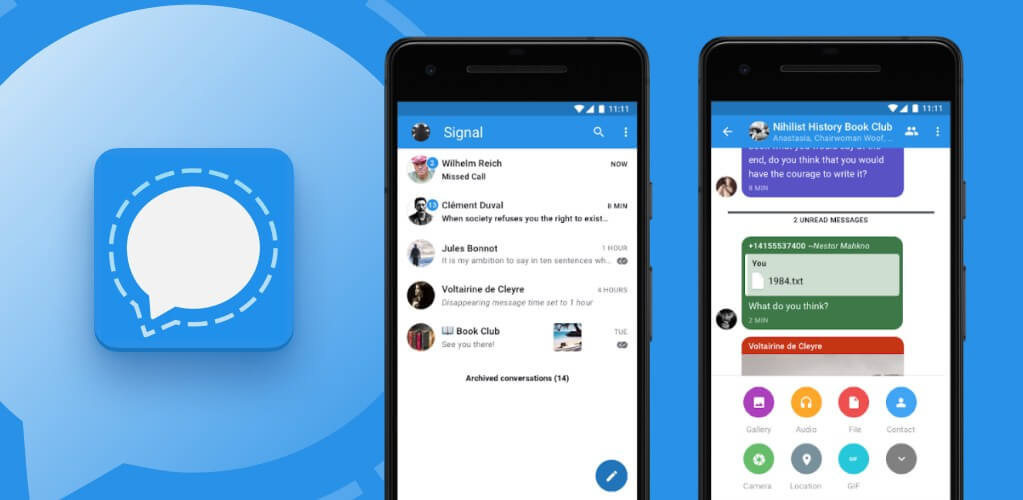- This comes at a time when WhatsApp users are looking for alternatives as the messaging platform has been hit by spyware
- WhatsApp co-founder Acton’s investment has helped the team to add features that also attract ordinary people looking for an alternative to WhatsApp and Telegram.
Moxie Marlinspike— who founded Signal— has always talked about making encrypted communications as simple as anyone could use.
The difference, today, is that Signal finally hits the mass market that it was always designed for— not just the privacy diehards, campaigners, and technology enthusiasts that shaped its core user base for years, thanks in part to a concerted effort to make the software more open and appealing to the mainstream, the Wired recently reported.
It comes at a time when users of Facebook-owned WhatsApp are looking for alternatives, as spyware and other privacy-related scandals have hit the messaging platform.
“The major transition Signal has undergone is from a three-person small effort to something that is now a serious project with the capacity to do what is required to build software in the world today,” Marlinspike was quoted as saying by the Wired.
WhatsApp co-founder Acton’s investment has allowed the team to add features that will also draw regular folks seeking an alternative to WhatsApp and Telegram.
Because Signal is essentially encrypted end-to-end and does not store metadata for communication on its servers, such as when who texted who, the developers were faced with additional obstacles along that path.
The foundation had to make encryption-compatible stickers so users could send them safely and anonymously.
Enabling community administration was also a difficult feat, as according to Android Police, Signal would allow administrators the ability to add and delete members without their servers realizing who is part of the conversation.

